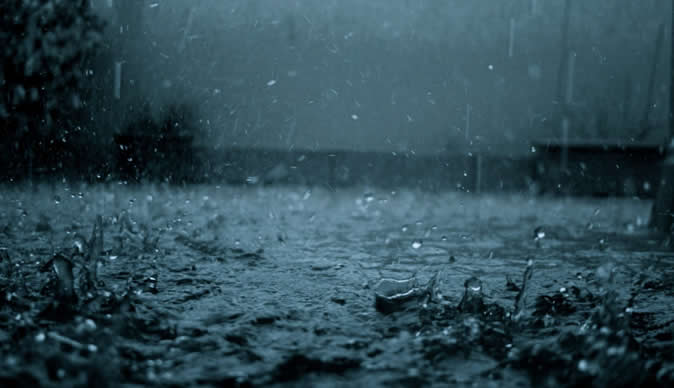High temperatures to ebb, thundershowers expected

Elita Chikwati Agriculture Reporter
The high temperatures currently being experienced countrywide are expected to decline with thundershowers expected from Sunday, the Meteorological Services Department (MSD) has said.
Zimbabwe is experiencing record high daytime temperatures linked to hot and dry winds blowing from warmer regions near the equator.
“The temperatures are, however, expected to decline from Sunday as a cloud system enters the country through Matabeleland provinces. The cloud should spread eastwards to cover the country and during this period (November 15 to 21) the country is forecast to be affected by numerous thundershowers.
“It is also important to note that the combination of this moisture together with the heat can trigger violent thundershowers that may be accompanied by hail and strong winds,” said the MSD in a statement yesterday.
The department said the current high temperatures have broken existing records in several areas.
“Goetz’s (weather station in Harare) previous record was 37,34 degrees Celsius and the record now stands at 37,7 degrees Celsius, Zaka recorded 41,1 degrees Celsius from the previous record of 40,8 degrees Celsius, Chivhu now stands at 36,5 degrees Celsius from the previous record of 35,3 degrees Celsius.
“Gweru’s previous record of 36,4 degrees Celsius was surpassed and the new record stands at 36,5 degrees celsius, Gweru now stands at 36,7 degrees Celsius from, 36,4 degrees Celsius and Kezi’s record is now at 41,1 degrees Celsius from 36,4 degrees Celsius, Marondera’s record is now at 33,4 degrees Celsius from 32,9 while Nyanga recorded an increase to 30,9 degrees Celsius from 30,7 degrees Celsius.
Other areas that have recorded new records of high temperatures are Plumtree, Rusape and Tsholotsho.
According to the MSD, strong localised winds (whirlwinds) may develop when temperatures are very high and may cause roofs to be blown away.
“MSD advises members of the public to take precautionary measures to protect themselves from these adverse weather conditions.
“These include drinking lots of fluids, avoiding prolonged stay in the sun, if possible staying under the shade, protecting yourselves from the sun by wearing wide-brimmed hats or using umbrellas,” said the MSD.
Meanwhile, farmers have been urged to supply water to their livestock to avoid heat stress.
The Department of Veterinary Services advised farmers to improve ventilation and provide sheds.








Comments